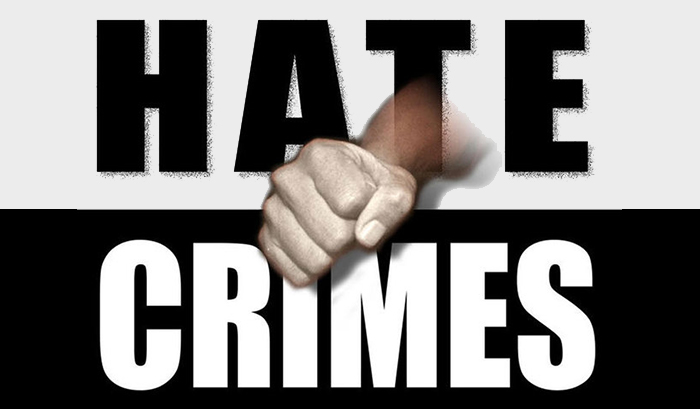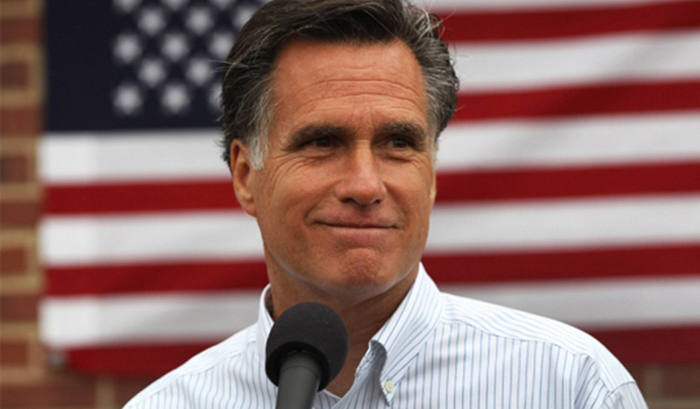[img]9|left||remove link|no_popup[/img]For the last five days, City Councilman Scott Malsin’s proposal to potentially transfer money from the bank account of gas station owner Jin Kwak directly into the pockets of his complaining neighbors has been percolating, unhappily, in my mind.
We were going to analyze and discuss it this afternoon — until my esteemed liberal colleague Frederik Sisa filed his typically smartly reasoned treatise for today on woebegone veterans who flip flop on the Iraqi War.
Since equality — that sexy-sounding but immensely subjective concept — is the primary (asserted) value of liberals, Mr. Sisa bemoans the perceived fact that veterans who have turned against the war are treated differently than their brethren who support the war.
How could anyone utter a critical word against anti-war ex-soldiers?
Mr. Sisa appears to imply, curiously, criticism impinges on their “freedom of speech,” that old liberal devil.
Delineating Differences
Everyone must be treated equally at all times, no exceptions, goes the liberal mantra.
Equality above all.
Right and wrong? Irrelevant.
Liberals contend it is wrongheadedly judgmental to distinguish good from bad, to treat people differently because some are good, some are bad.
Equality was the most crucial brick that founders hammered into America’s foundation in the 18th century, liberals say.
In the tradition of confusion-courting liberals, Mr. Sisa smartly surrounds his principal point with a heaping mound of beautiful, arresting but emphatically vague, logical-sounding arguments that are persuasive-at-a-glance while utterly irrelevant to his contention.
A dissenting debator could choke on the smoke that clouds Mr. Sisa’s argument.
Set Me Free
Liberals love to rail against a perceived infringement of freedom. When their views are criticized, it is seen as a dastardly strike against the speaker’s freedom of speech.
A splendid thinker and writer, Mr. Sisa turns seductive phrases on several occasions. Leading his audience through a series of mirrored rooms, via revolving doors, Mr. Sisa produces stunningly appealing arguments that make me want to stand and applaud — until I think review them.
“A veteran who advocates peace might as well not be a veteran at all,” he says.
“The soldier is not a mere one-dimensional automaton.”
“The deeper issue is the status of soldiers within the body politic.”
He sculpts elegant words so masterfully.
Unfortunately, Mr. Sisa errs where liberals frequently do. He confuses entirely permissible criticism of the war with that old liberal devil, freedom of speech.
But by slinging around “freedom of speech” as if it were a value for sale to the highest bidder, Mr. Sisa is devaluing a golden American concept.
A Case of Confusion
He also appears to confuse the duty of military loyalty to government while a soldier is serving with freely flinging out opinions after he separates from the service.
If the soldier were a layman, who cares what he thinks?
But when he seeks to tarnish the mantle of “veteran” with his views, then wiser persons often will prevail.
Liberals have so much trouble distinguishing between what is real and what is not germane to an argument.
You see, dear liberal friends, freedom of speech does not mean one is shielded from criticism.
They Want to March for What?
You will remember earlier this month that several groups of anti-war veterans wanted to march in a Veterans Day parade in Long Beach. Hard to believe, but they claimed to be baffled over being barred from a march where they could not advertise their undermining views on an occasion warriors were being saluted.
What seems to irritate Mr. Sisa from his strongly anti-war side of the fence is that some returning soldiers — formerly the bad guys — can’t win proper respect from their fellow Americans now that they have seen the light and become good guys by turning against the war.
He argues that they should be received warmly, regardless of their anti-government opinions in time of war, regardless of what they are preaching.
I shall not invite a shivering burglar inside because it is a cold night, although a compassionate liberal might.
We Are All the Same
Mr. Sisa contends that since all American troops fought equally courageously in the war — here we go again — all soldiers should equally be treated and equally regarded now that the are home, regardless of what they say about America. Soldiers, don’t you know, possess infallible tongues.
This is how liberals’ former poster girl, arch-feminists, found themselves being bopped off the stage of American society by sensible people. They argued that men and women were the same, until the derisive laughter drove them for cover.
My colleague seems to conflate freedom of speech with criticism of his sentiments.
In American society, dear reader, is there a more anomalous character than the volunteer soldier — volunteer soldier — who comes home, turns against the war, and then cries when sensible people criticize him for wanting to march against his government?
Ouch, Criticism Stings
To repeat, the thread that binds together Mr. Sisa’s various waystops in his argument is that soldiers and ex-soldiers only should be evaluated on their fighting skills. They must not be criticized for declaring they are against the war in which they recently voluntarily — voluntarily — participated.
He buttresses his claims with a statement on the gleaming merits of pacifism. He also glorifies the unassailable nobility of Ghandi. Both claims are appropriate, but unrelated to how a flipflopping soldier deserves to be treated when he returns home.
The soldiers’ apparent loss of common sense hardly legitimizes the cause of pacifism. The soldiers’ apparent loss of common sense hardly burnishes the image of the non-violent Ghandi, who lived in decidedly more primitive times. He might find himself emulating a pancake today if he were to make a non-violent argument against Osama and the boys.
Lesson in Unrealism
How can an anti-war ex-soldier — thank you, liberals, for deeding us another clear phrase — not expect criticism when he comes home in the middle of the war and wants to march against it?
If you stand in your yard in the middle of a rainstorm and say, “My, the sun is gorgeous today,” you are within the bounds of free speech. But you may be criticized by a drenched passerby.







